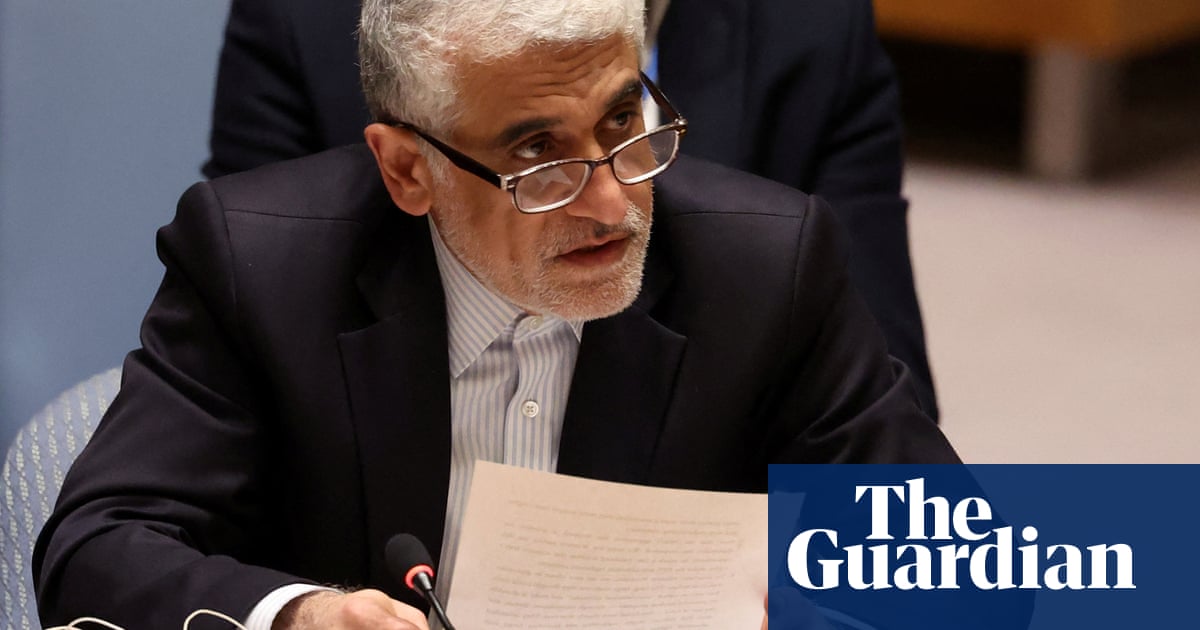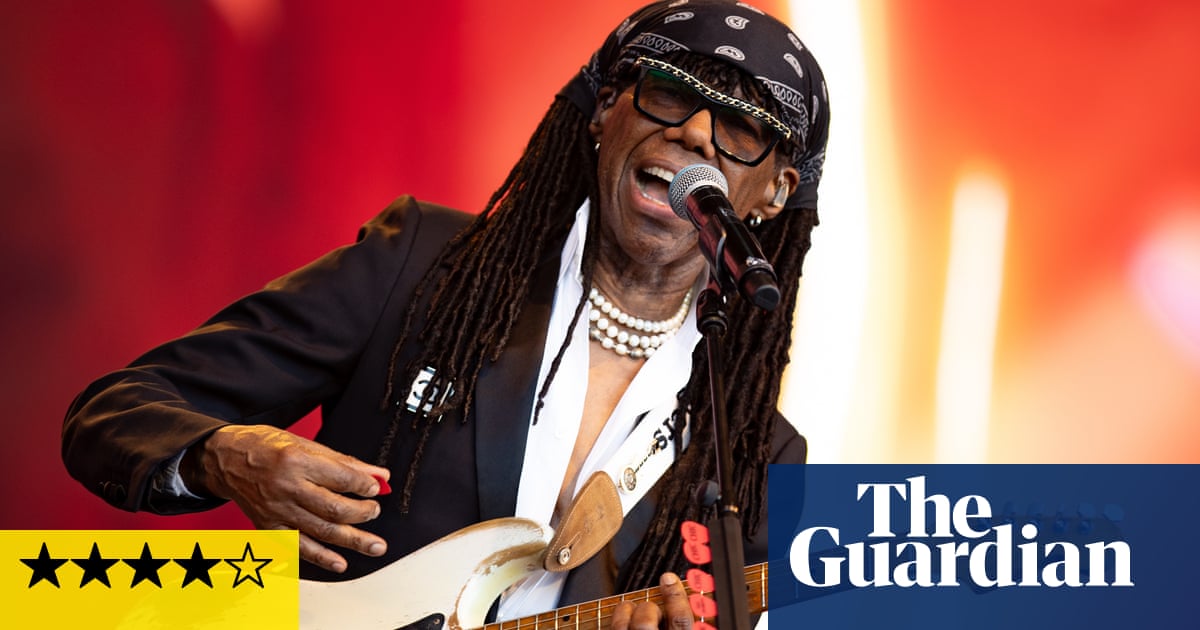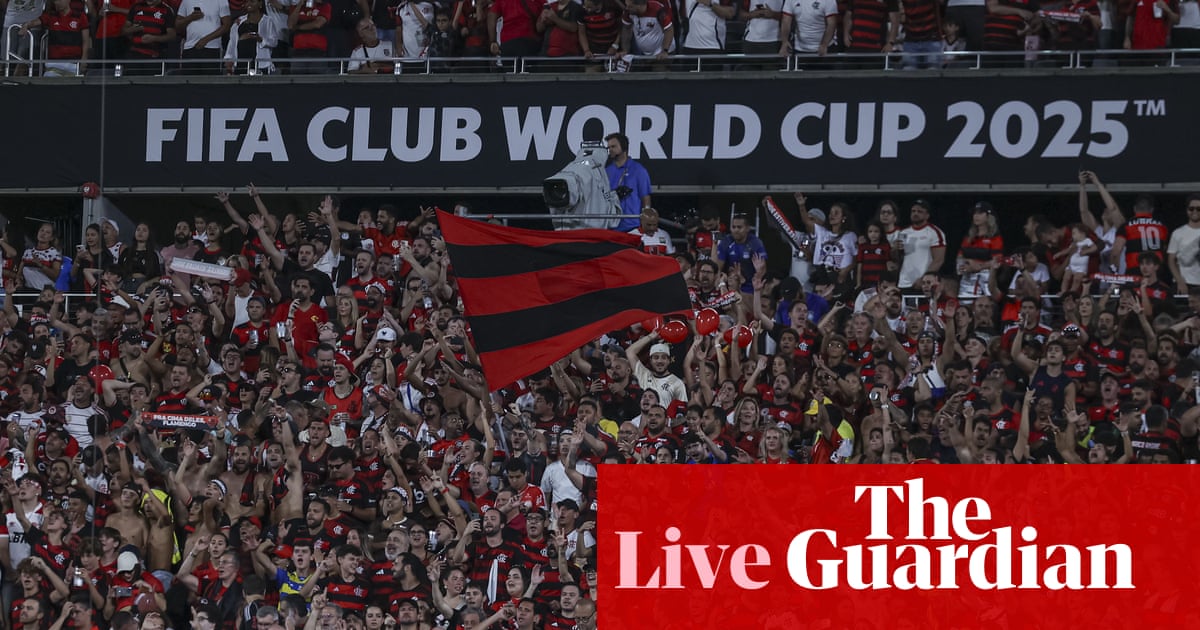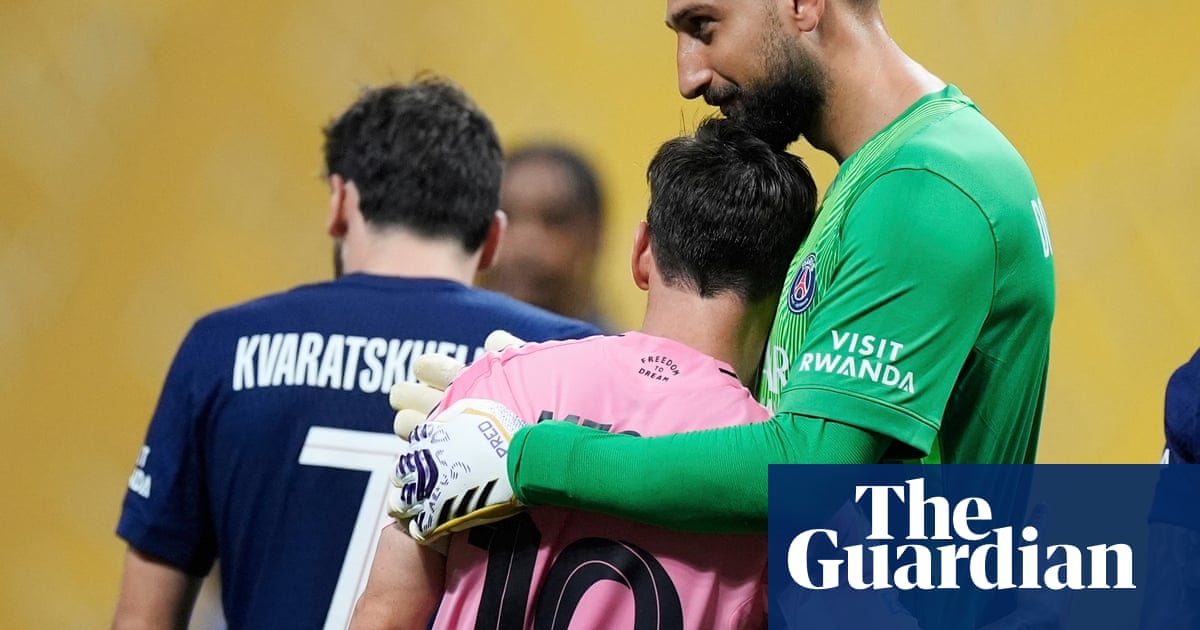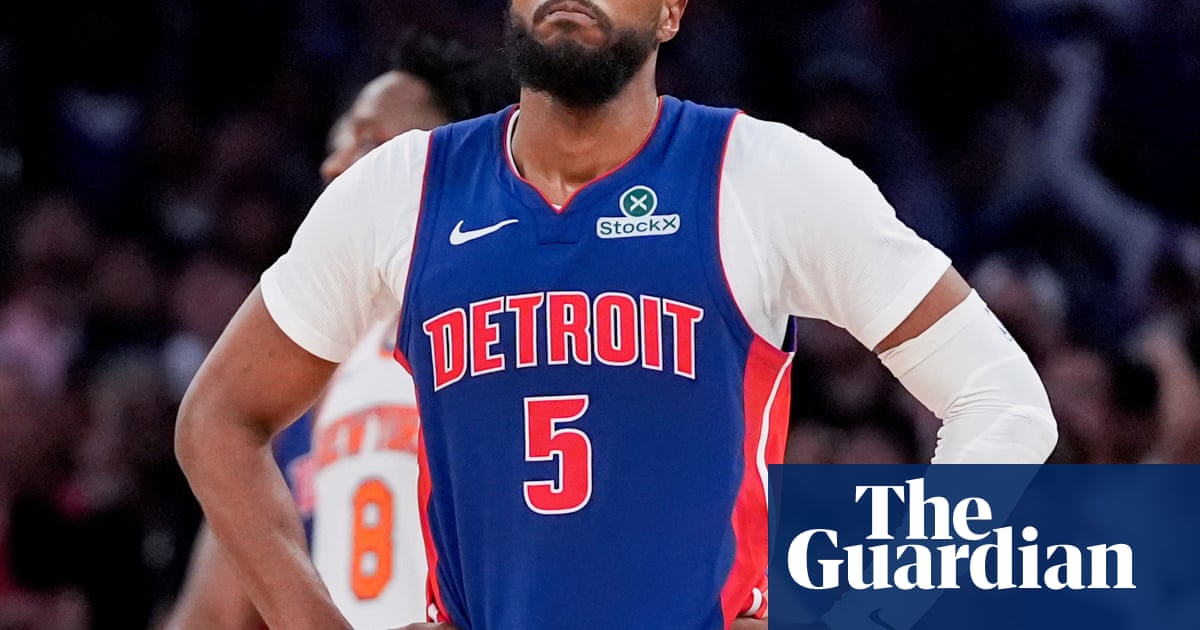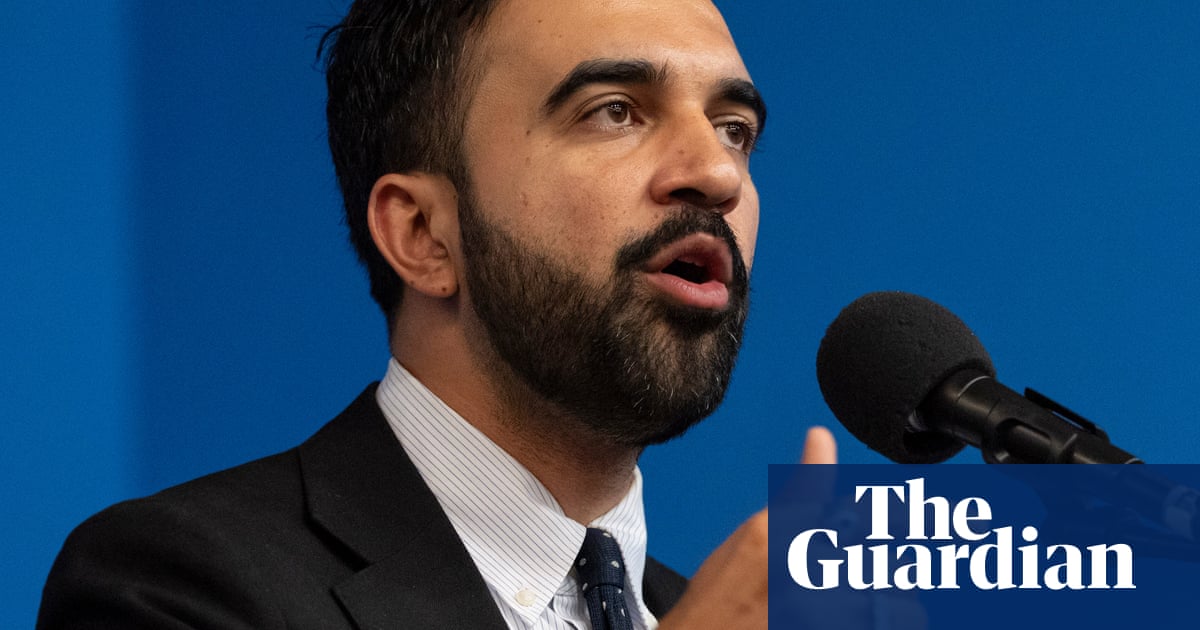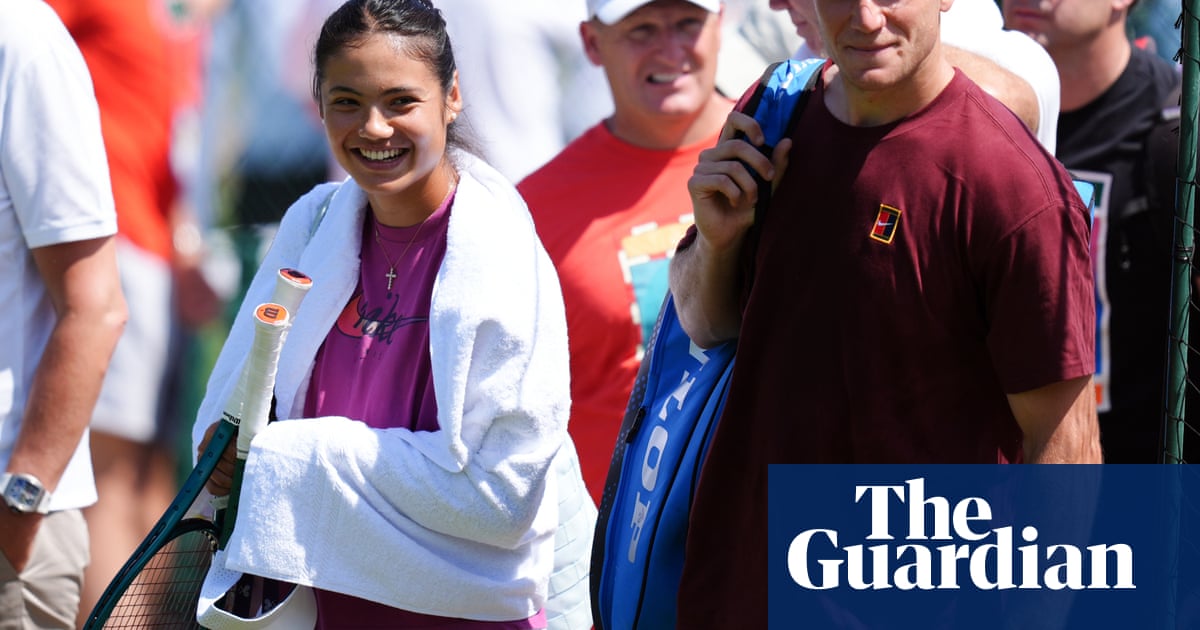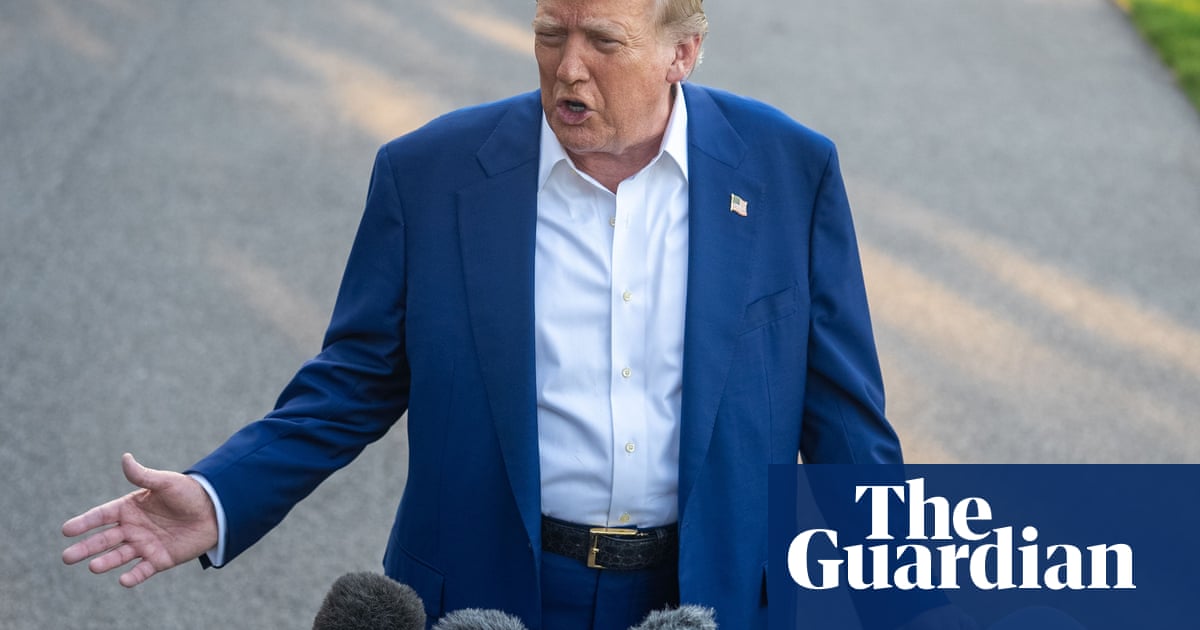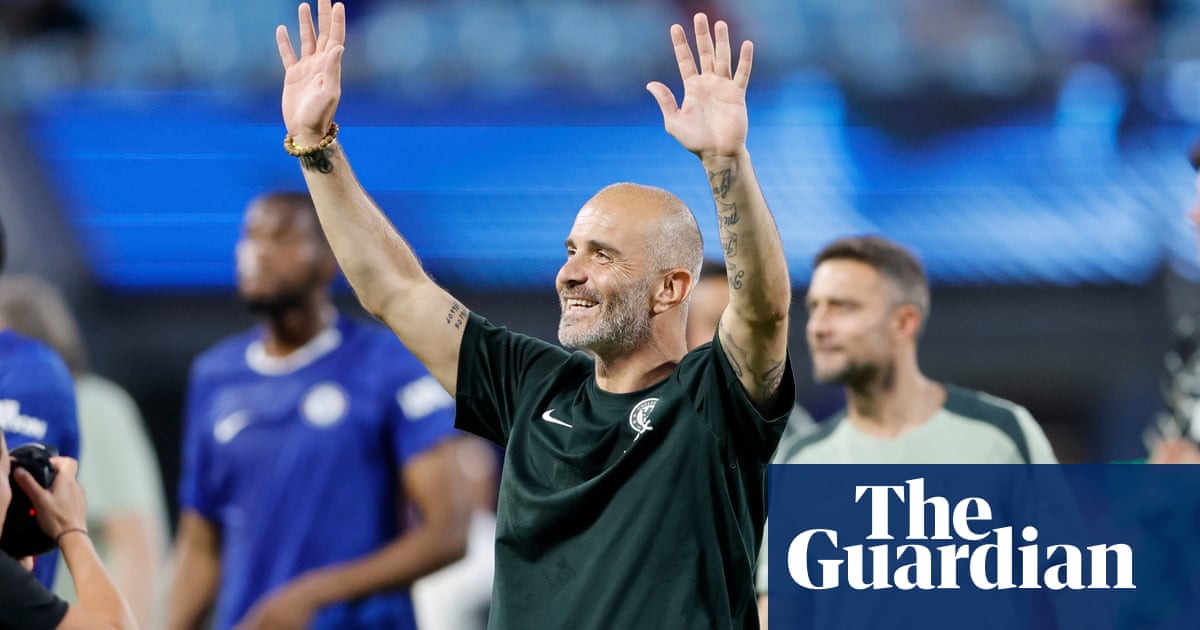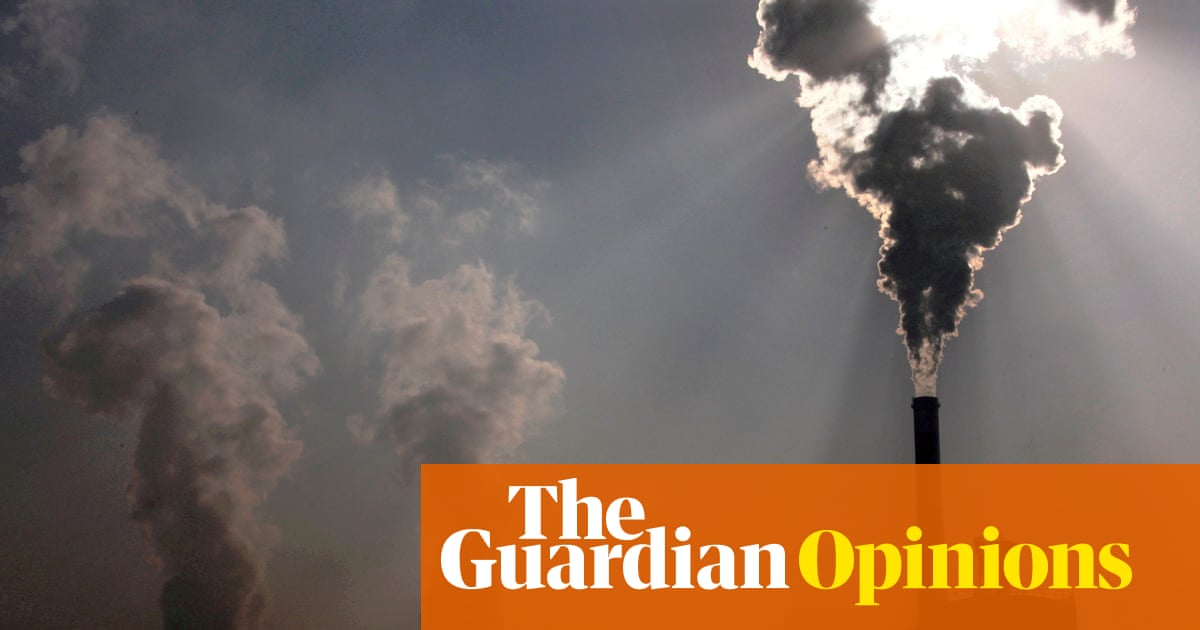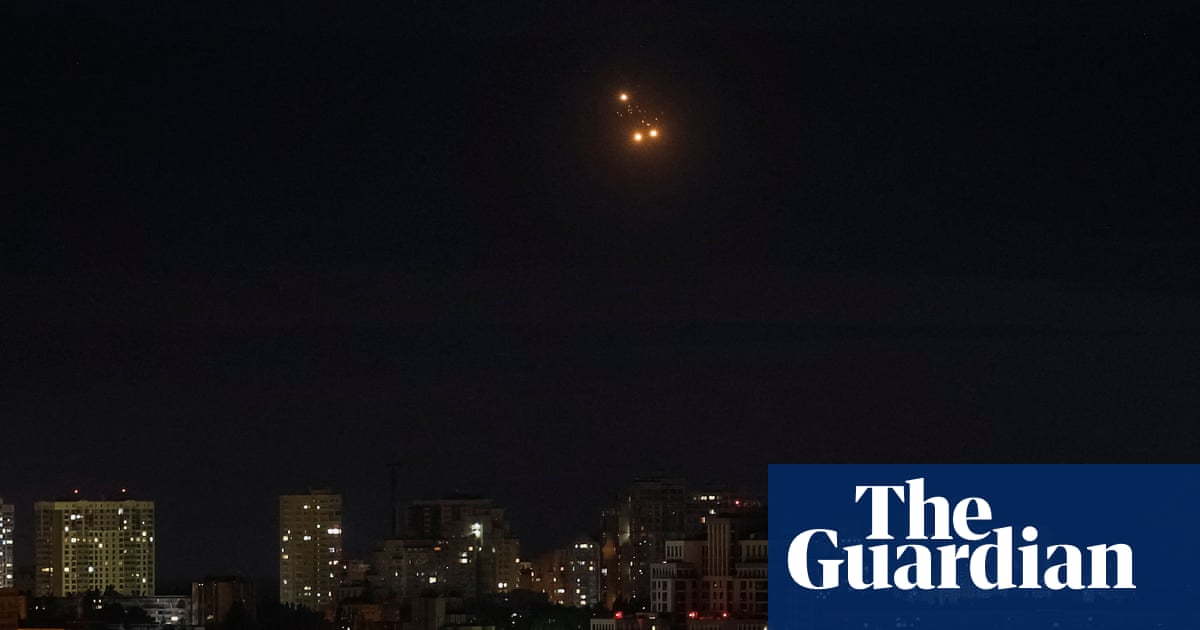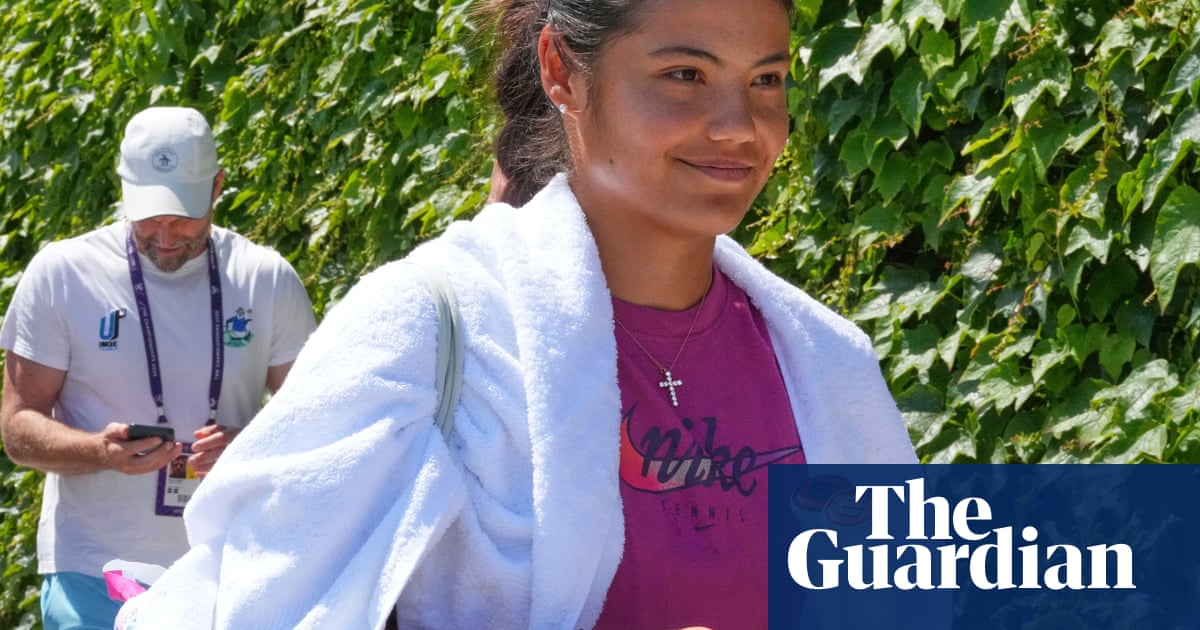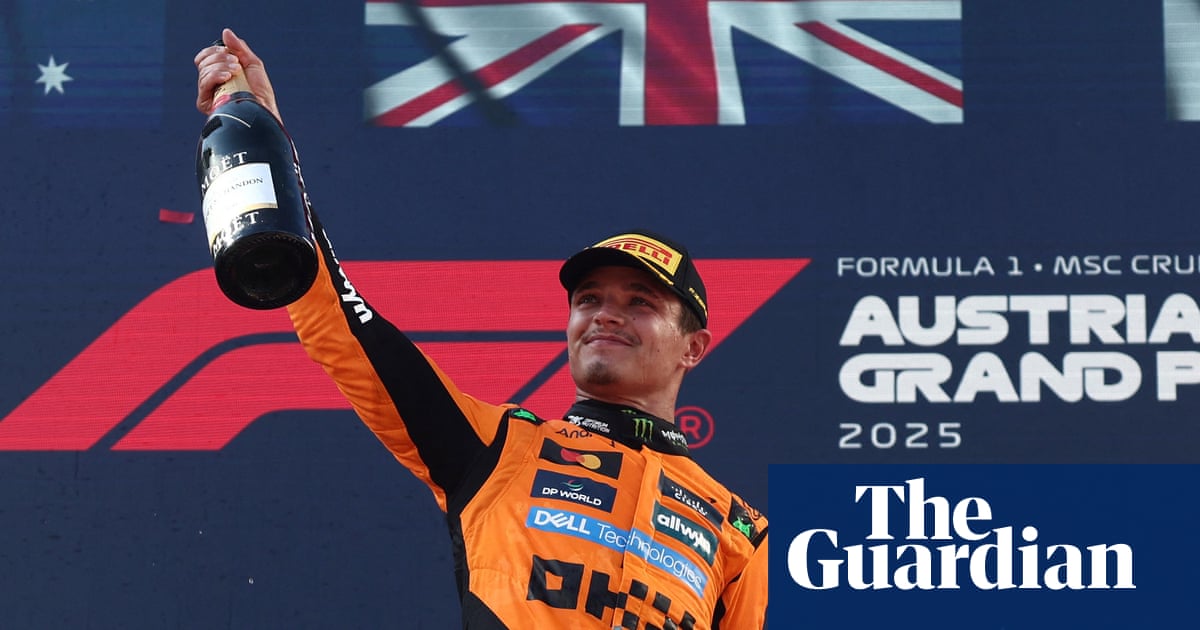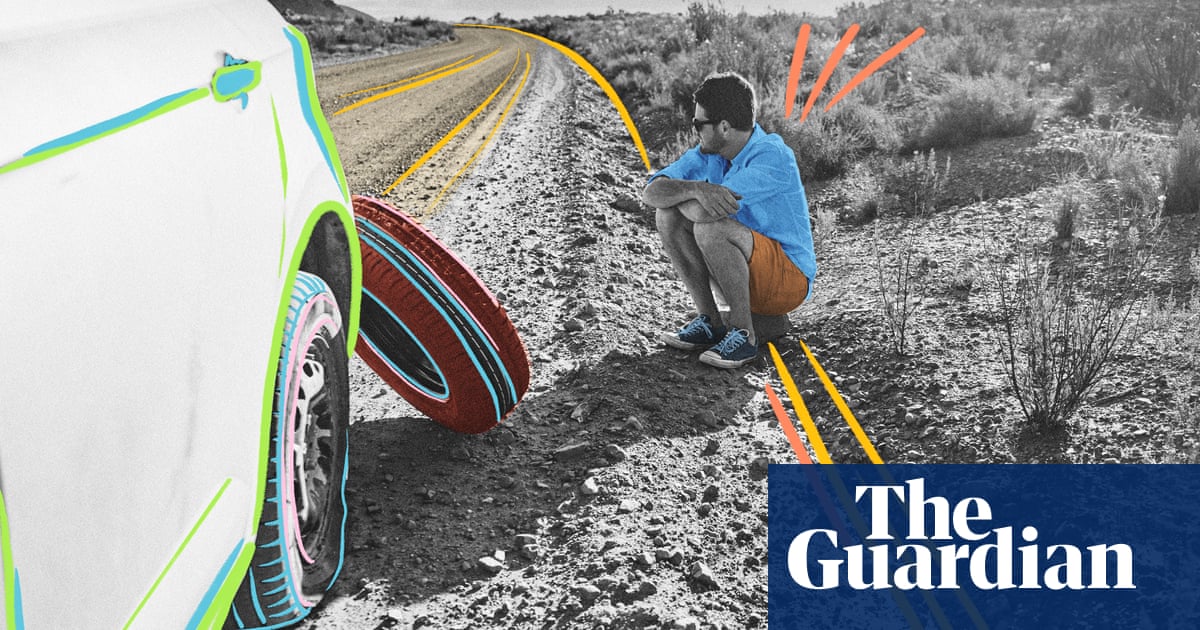I was born in Iran after the 1979 Islamic Revolution, when religion became the architecture of public life. But it was precisely this fusion of faith and power that forced my family to flee. We were persecuted not for breaking laws but for belonging to a minority religious community, the Bahá’ís – a persecution that continues today. This experience taught me how religion can be used to exclude, to dehumanise, to dominate. But it also taught me that ignoring religion is not the answer.
More than 80% of the world’s population identifies with a religion. Yet in many parts of the world – especially in the west – religion is treated as a private matter, something best kept out of polite conversation, or at worst, a source of division and danger. We live in a paradox: a deeply religious world that increasingly doesn’t know how to talk about religion.
This silence isn’t neutral. It creates a kind of cultural illiteracy – especially at a time when religion continues to shape geopolitics, social movements and personal lives, from the rise of religious nationalism to faith-based responses to humanitarian crises. And in places like the United States, it’s becoming even more central to public discourse, often with high political stakes.
So how do we talk about religion in a world that needs moral clarity but fears moral language?
One idea that has helped me reframe how we talk about religion comes from my own faith – the Bahá’í concept of progressive revelation. It teaches that the world’s major religions are expressions of the same spiritual reality, revealed at different times to meet the evolving needs of humanity. They are not rival ideologies but chapters in a single story. Not different truths but different reflections of one truth.
Imagine if we approached religion not as a set of camps to defend or oppose but as a shared inheritance. What if we stopped asking which one is right and started asking what they’re trying to show us – about justice, humility, forgiveness, the soul and the sacredness of life?
This shift – from debating difference to seeking shared meaning – isn’t just theoretical. I’ve seen it work.
In refugee communities in the Middle East, I witnessed how grassroots interfaith efforts helped displaced people from opposing religious backgrounds begin to heal. In one camp in Jordan, Christian and Muslim women began cooking together during Ramadan and Easter, eventually hosting communal feasts for the wider community. These weren’t institutional programs but quiet acts of dignity and repair – rooted in faith and in the will to see the human behind the label.
Finding a connection
In my doctoral research on Syrian religious-minority refugees in Berlin, I found that secular integration policies often failed to account for the central role religion played in people’s sense of identity, belonging and healing. Integration thrived not when religion was ignored but when it was engaged – through interfaith dialogue, shared spiritual spaces or recognition of religious holidays. These approaches didn’t erase difference. They helped people move forward together. Religion became less of a dividing line and more of a connective thread.
Even here, in my suburban neighbourhood in Aotearoa New Zealand, I see glimpses of this every week. On our street families come from Muslim, Christian, Sikh, Hindu, Bahá’í and other diverse backgrounds. Every Friday afternoon I host a simple class for the children of the neighbourhood. We sing, tell stories and explore themes like kindness, truthfulness and the nobility of the human spirit. It’s a space for the children to discover their spiritual identity and their capacity to contribute to the world around them. Over time this has quietly knit our community together. Parents, too, have found connection – not through sameness but through a shared desire for their children to grow into just and compassionate human beings.
Stay curious
This idea – that spiritual truth unfolds over time – has changed how I live. It’s shaped how I raise my children, how I relate to neighbours of different beliefs and how I engage in public life. It helps me stay curious instead of defensive and to approach others not through fixed categories but with an openness to what we might learn from one another.
And that’s the heart of it, really: moral imagination – the ability to see not just what is but what could be. It invites us to ask new kinds of questions:
What does it mean to live a meaningful life?
How do we hold both reverence and reason in the same hand?
What truths do our traditions carry that the world still needs?
What happens when we stop talking about religion and start listening with it?
These are not easy questions. But they matter. While secular frameworks offer many tools, they often fall short of naming the deepest yearnings of the human spirit. And while religion has been misused, it can also be reclaimed – as a source of clarity, compassion and shared purpose.
Recognising the wisdom in religion doesn’t mean denying the harm it’s caused. It means telling the full story – separating faith from fanaticism and choosing not silence but better language: language rooted in humility, inquiry and hope.
We don’t need less religion in public life. We need better ways of talking about it – ways that allow both believers and non-believers to engage meaningfully, with honesty and depth.
Maybe it starts with a simple shift. What if the world’s religions are not competing claims but reflections of one unfolding truth? What if, beneath all our differences, there’s just one story being told in many tongues?
If we believed that, we might stop asking who is right –and start asking what’s possible. And maybe then, we’d finally begin to build the world we all long to live in.
-
Dr Kat Eghdamian is a human rights expert, writer and adviser on religion, ethics and social justice. With experience working across multiple continents, she explores how faith and moral frameworks shape identity and society

 8 hours ago
6
8 hours ago
6
